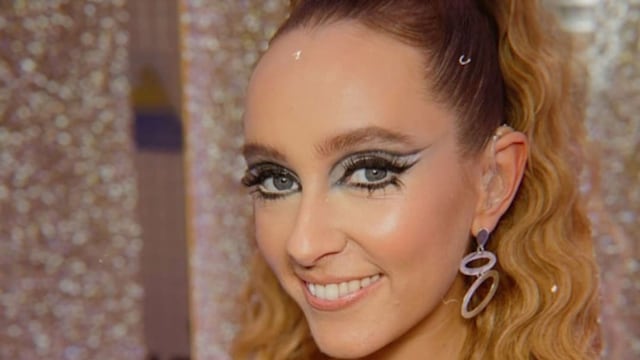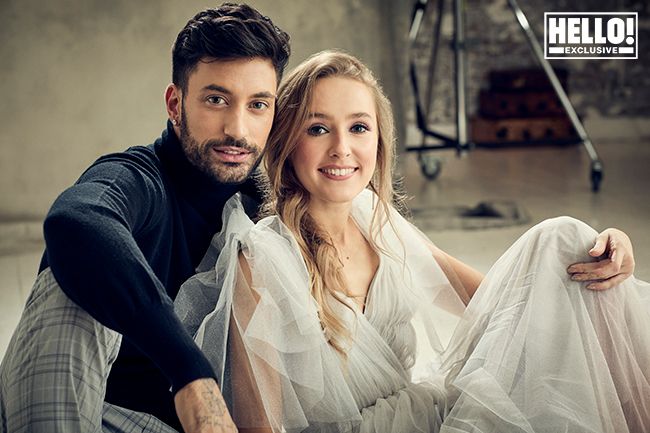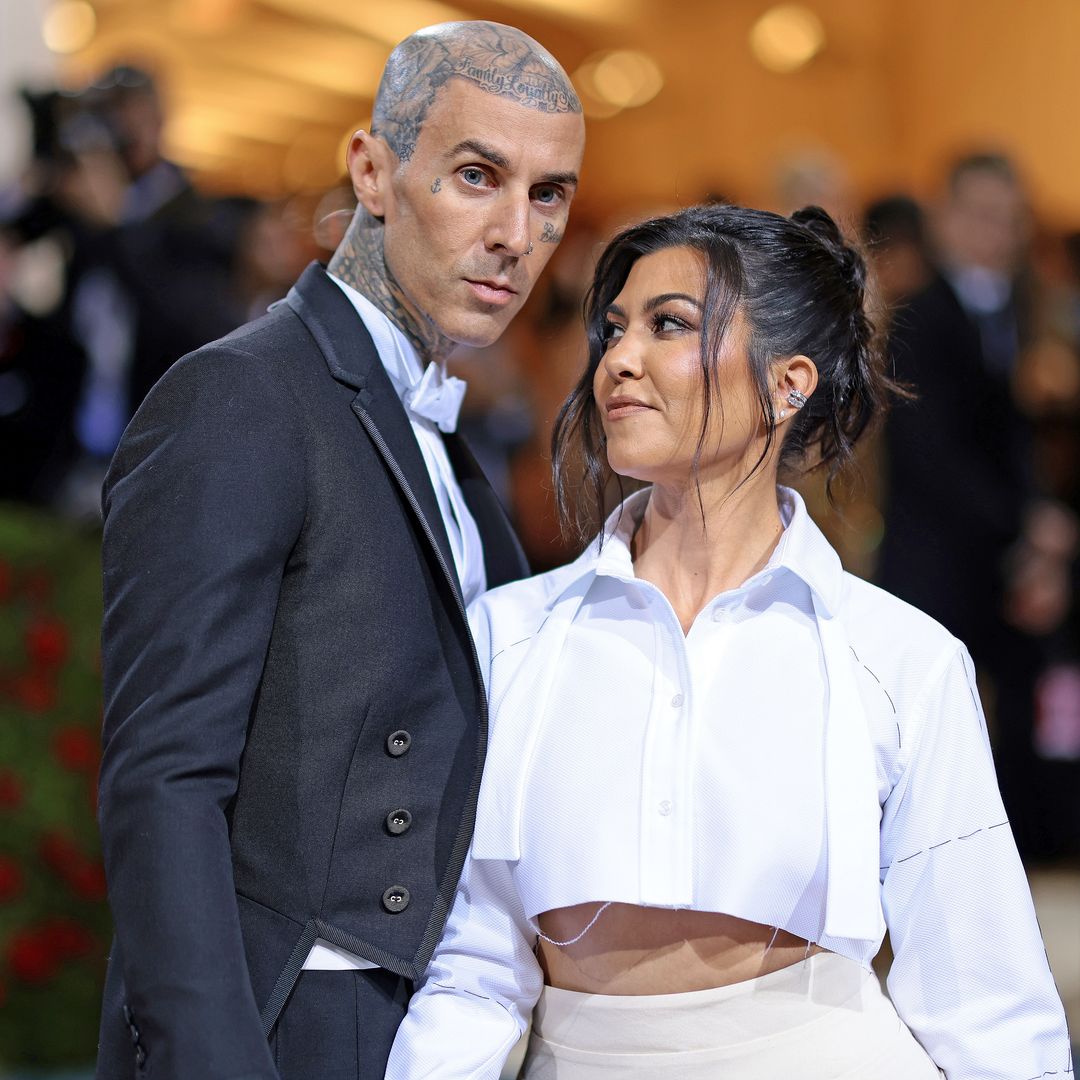Strictly Come Dancing's first ever deaf contestant Rose Ayling-Ellis is an inspiration to many.
SEE: Strictly's Rose Ayling-Ellis announces game-changing deafness news
The 27-year-old, who is partnered with Giovanni Pernice, has been praised for representing the deaf community.
WATCH: Rose-Ayling Ellis close to tears
And it's thanks to her hearing aids that she has been able to take part in the show. In fact, she was recently unable to rehearse after they ran out of battery, so how exactly do they work, and what happens if she goes without?
Rose Ayling-Ellis' hearing aid
Speaking to BBC News, Rose explained: "It's a common misconception that deaf people can't enjoy music. I have a hearing aid, so I pick up some of the music and I can hear the beat. I can hear someone singing, but I can't identify exact words. I also feel the vibrations."
Rose is Strictly's first ever deaf contestant
Rose added that she also reads Giovanni's "body language" and counts in her head to "help with timing". "For me it's a combination of everything," she added.
SEE: Rose Ayling-Ellis shares real reason for joining Strictly Come Dancing
MORE: Strictly's Giovanni Pernice and Rose Ayling-Ellis make Strictly history with performance
Rose is partnered with Strictly pro Giovanni Pernice
When it comes to hearing the judges' comments and scores, Sarah James, Strictly's executive producer, shared that Rose has an "interpreter at all times" who helps during training, with the judges' comments and during her chat with host Claudia Winkleman.
A deaf blogger with the nickname Deafie Blogger, meanwhile, explained in an article for British Deaf News last year that most deaf people can feel vibrations of music through their body, but that this is helped massively through hearing aids, and when the volume of music is increased.
To that end, judge Shirley Ballas also revealed that "nobody is allowed to clap" whilst Rose is dancing, so that "she can feel the vibrations of the music" and "the music is just a hair louder".
Judge Shirley Ballas opened up about changes made for Rose on the show
Now for the science. According to the National Institution on Deafness and Other Communication Disorders, deafness is caused by "damage to the small sensory cells in the inner ear, called hair cells".
"A hearing aid magnifies sound vibrations entering the ear. Surviving hair cells detect the larger vibrations and convert them into neural signals that are passed along to the brain. The greater the damage to a person's hair cells, the more severe the hearing loss, and the greater the hearing aid amplification needed to make up the difference."
The organisation adds that the amplification of a hearing aid isn't unlimited: "If the inner ear is too damaged, even large vibrations will not be converted into neural signals. In this situation, a hearing aid would be ineffective." This isn't the case for Rose, who benefits massively from the use of a hearing aid.
Like this story? Sign up to our newsletter to get other stories like this delivered straight to your inbox.












